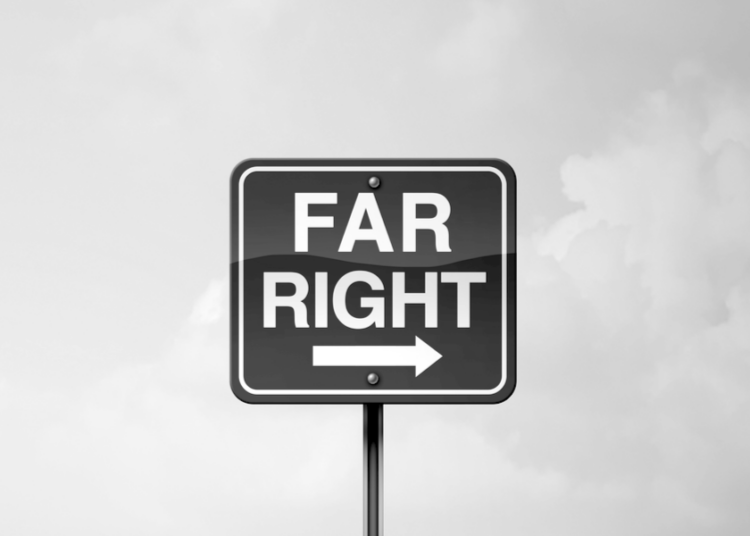THE western world will be facing an unprecedented challenge over the next 12 months, with the rise of right-wing parties in many countries holding elections. Democracy warriors such as America’s Joe Biden and Poland’s Donald Tusk are in the vanguard of those who stand between unbridled fascism and the free world.
For many impartial observers, the media have performed a huge public service by alerting the wider electorate to the imminent danger by correctly applying adjectives to the toxic term ‘right’. Worried voters are now suitably armed to differentiate hard right from ultra right or indeed far right from extreme right.
These differentiations have never been more important before the people cast votes which quite literally stand between liberal democracy or the jackboot of unbridled fascism.
Unfortunately, there have been several unconfirmed reports of people associating the word right with all manner of unpleasantness. To put matters right – so to speak, TCWDF attempts to provide readers with a helpful aide memoire on how to navigate the rights and wrongs of this tricky lexicographical jungle.
Right turn: Motorists who enjoy the luxury of satellite navigation will already be familiar with this imprecation or variations such as right turn ahead and turn right where possible. These are perfectly acceptable directives which may be used and heard without concern. Similarly, drivers should not be alarmed on hearing carry right on (see below). It is not suggesting you purchase a brown shirt.
Right-on: This slightly old-fashioned phrase is traditionally used as an expression of strong support, approval or encouragement. It is not an endorsement of ultra-right demagogues.
Right Said Fred: This pop duo formed by brothers Fred and Richard Fairbrass are best remembered for their 1991 hit I’m Too Sexy followed in 1992 by Deeply Dippy. Nothing should be read into either the band’s name or indeed the lyrics of their songs. Older readers might be more familiar with another version of Right Said Fred, a novelty song of 1962 written by Ted Dicks and Myles Rudge. It is about three removal men trying without success to shift a large and unwieldy piece of furniture from an apartment. Sung by Bernard Cribbins, it enjoyed great success. Again, voters should not take this as a directive to vote for a political party led by someone called Frederick or Fred and should cast their ballot according to their conscience.
The Righteous Brothers: This was an American non-fraternal singing combination who had big hits with songs such as Unchained Melody and You’ve Lost that Lovin’ Feelin’. The Right part of the name has no political meaning and playing their music at a dinner party would be an acceptable thing to do, without guests thinking you would rather be putting Horst Wessel’s Greatest Hits on the turntable.
Some might recall a UK spin-off group formed in the 80s called The Ultra Righteous Brothers. They had little success in the top 50 and many fans felt their pious homilies and extended sanctimonious harmonies somewhat wearying. They still have a loyal fan base, however, with devotees rumoured to include well-known individuals such as Ed Davey, Yvette Cooper, Gary Lineker, Meghan Markle and Paula Vennels.
Right as rain: Once again, this expression has caused a certain degree of confusion. Rain is neither right nor left and utilising the meteorological/political terminology it would be something akin to the Lib Dems – wet, unpredictable and largely unwelcome.
Do the right thing: Commonly held to mean that one acts or behaves correctly, appropriately, or with the best intentions, whatever the impact on you personally. This idiom can be widely used without concern that its utterance will in some way identify you as a backward-thinking, jackboot-wearing proto-Nazi.
Might is right: We would politely suggest that anyone employing this phrase should be referred immediately to the terrorism prevention programme.
We very much hope that readers can now safely navigate their way round this troublesome word.

